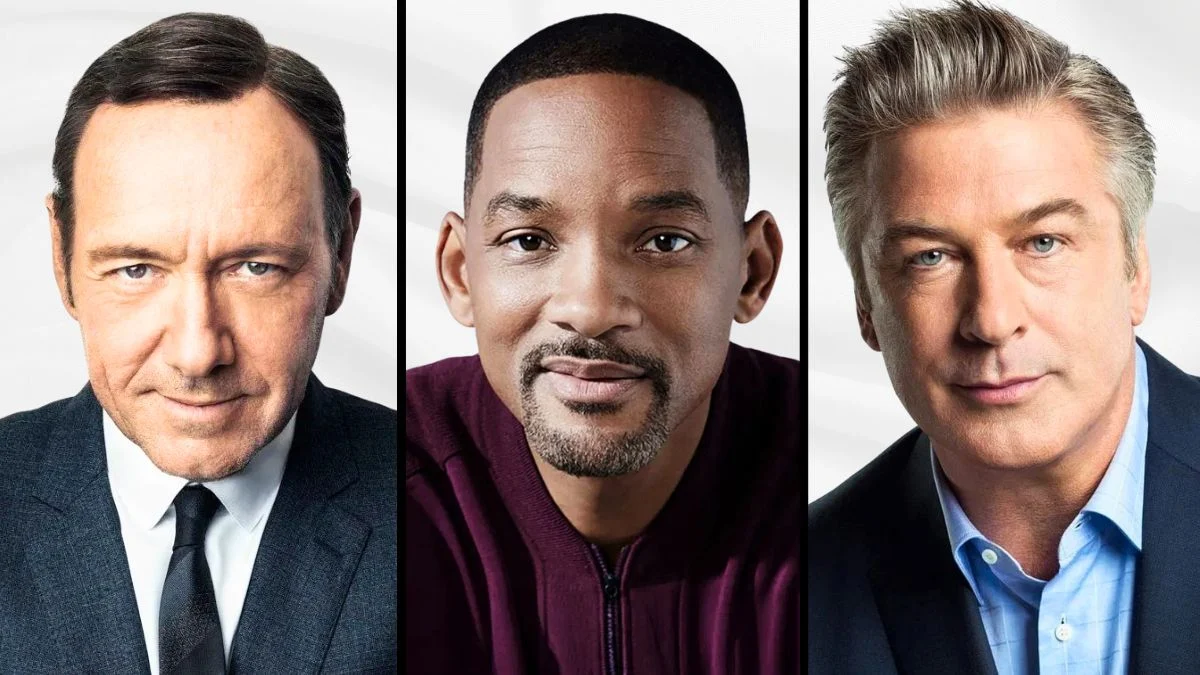
In the entertainment world, public opinion can shift very quickly. Some actors have experienced setbacks or career changes due to scandals, legal issues, or public mistakes. This list details the specific incidents that caused significant public criticism and examines how those moments impacted their work, collaborations, and future opportunities in movies and TV.
Each entry details the main events that caused significant public backlash and the specific results that followed – things like lost contracts, cancelled product launches, legal convictions, being barred from the industry, or long-term harm to their public image. We concentrate on confirmed events and the resulting professional consequences, so you can understand what occurred, how things evolved, and the current situation.
Mel Gibson
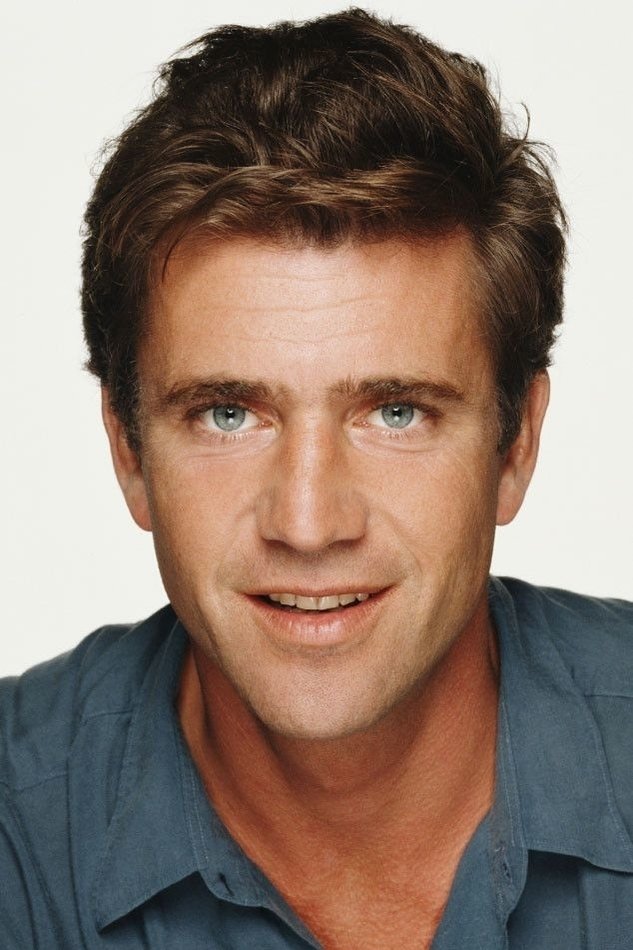
Mel Gibson’s public image suffered significantly following a number of controversies. These included an arrest for driving under the influence, along with highly publicized anti-Semitic comments, and the later release of recordings that sparked widespread outrage. During this time, both studios and talent agencies moved away from working with him, leading to delays and changes in several of his upcoming projects.
He eventually went back to directing and acting, and his work on films like ‘Hacksaw Ridge’ helped him rebuild his career. Despite this return, many companies and filmmakers were cautious about working with him, which affected how new projects were funded and promoted.
Kevin Spacey
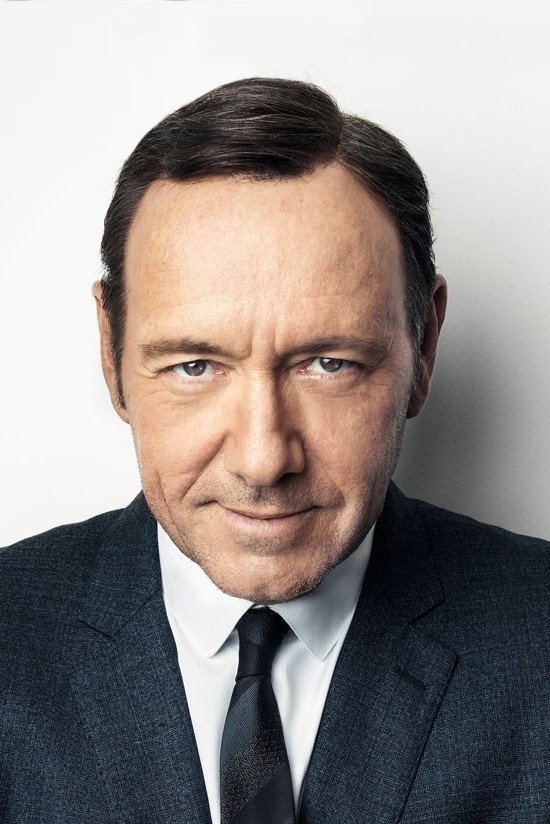
Spacey faced several accusations that resulted in him being removed from the show ‘House of Cards’ and requiring reshoots of scenes in the film ‘All the Money in the World’ with a different actor. While he was later found not guilty of criminal charges in the UK and won a significant civil case in the US, the accusations had already caused considerable damage to his career.
After those legal issues were resolved, trying to work professionally again proved difficult and usually meant doing projects without the backing of big studios. Companies handling distribution closely watched how audiences reacted, and many typical opportunities were paused because potential buyers and film festivals were worried about the potential damage to their reputations. This cautious approach meant a careful evaluation of risk before committing to projects.
Will Smith
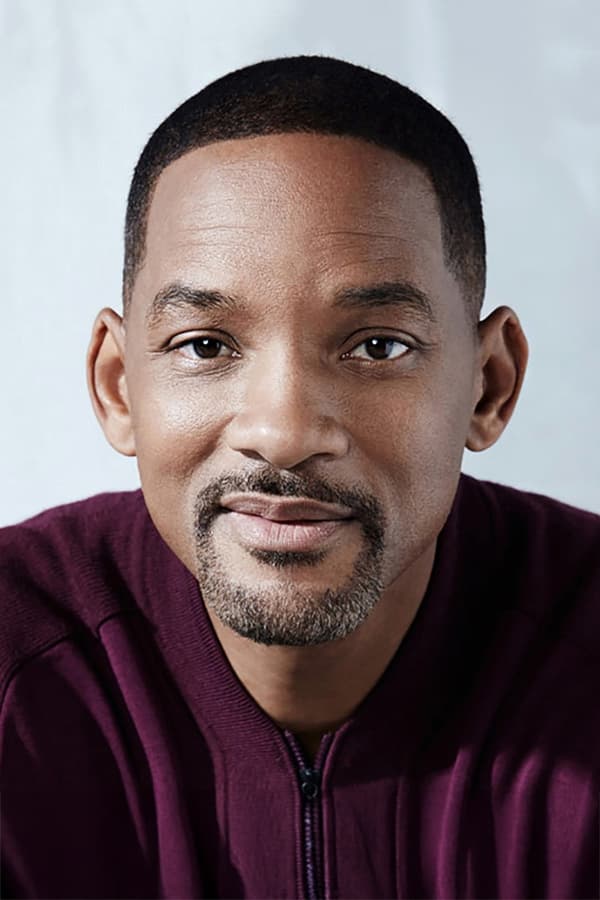
The incident involving Will Smith and Chris Rock at the Oscars caused a significant reaction throughout the entertainment industry, resulting in a prohibition from attending Academy events for a specific duration. Consequently, multiple projects were put on hold as studios evaluated how audiences felt and reviewed their own rules about appropriate behavior.
Later releases and public appearances were strategically planned to regain public trust, using controlled media outreach and community interaction. Studios considered both international audiences and how long content would be available on streaming services when deciding on future projects. They closely monitored performance data to ensure things were improving before investing further in new ventures.
Alec Baldwin
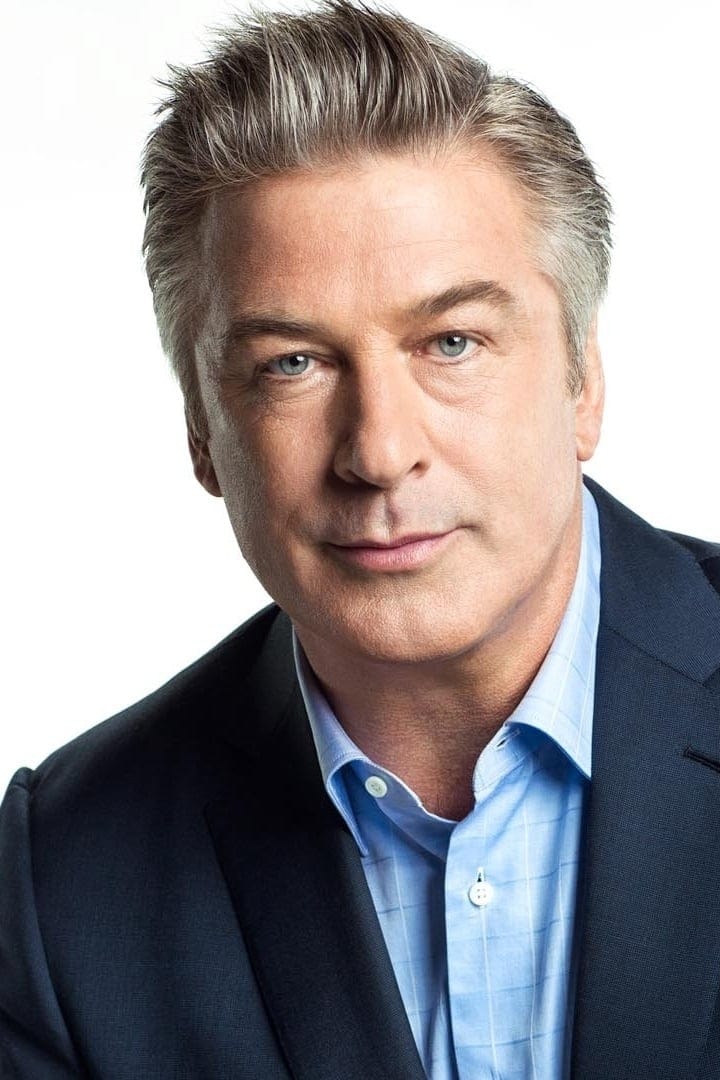
Following the tragic death of cinematographer Halyna Hutchins on the set of ‘Rust’, Alec Baldwin faced intense public and legal attention. Investigations and legal battles focused on things like how guns were handled and stored, safety measures on set, and who was responsible for what among the film’s producers and crew.
As a supporter, I saw how insurance companies and union safety rules really shaped whether or not productions would consider working with him. The industry adapted by creating new set procedures, and any project he joined needed a really thorough risk assessment. This impacted everything – the filming schedule, the cost of insurance premiums, and even the way contracts were written. It meant a lot more planning and consideration went into every detail, and it was all about making sure everyone was safe and covered. It was a complex situation, but ultimately, people wanted to find a way to work with him responsibly. Safety was the top priority, and the changes reflected that.
James Franco
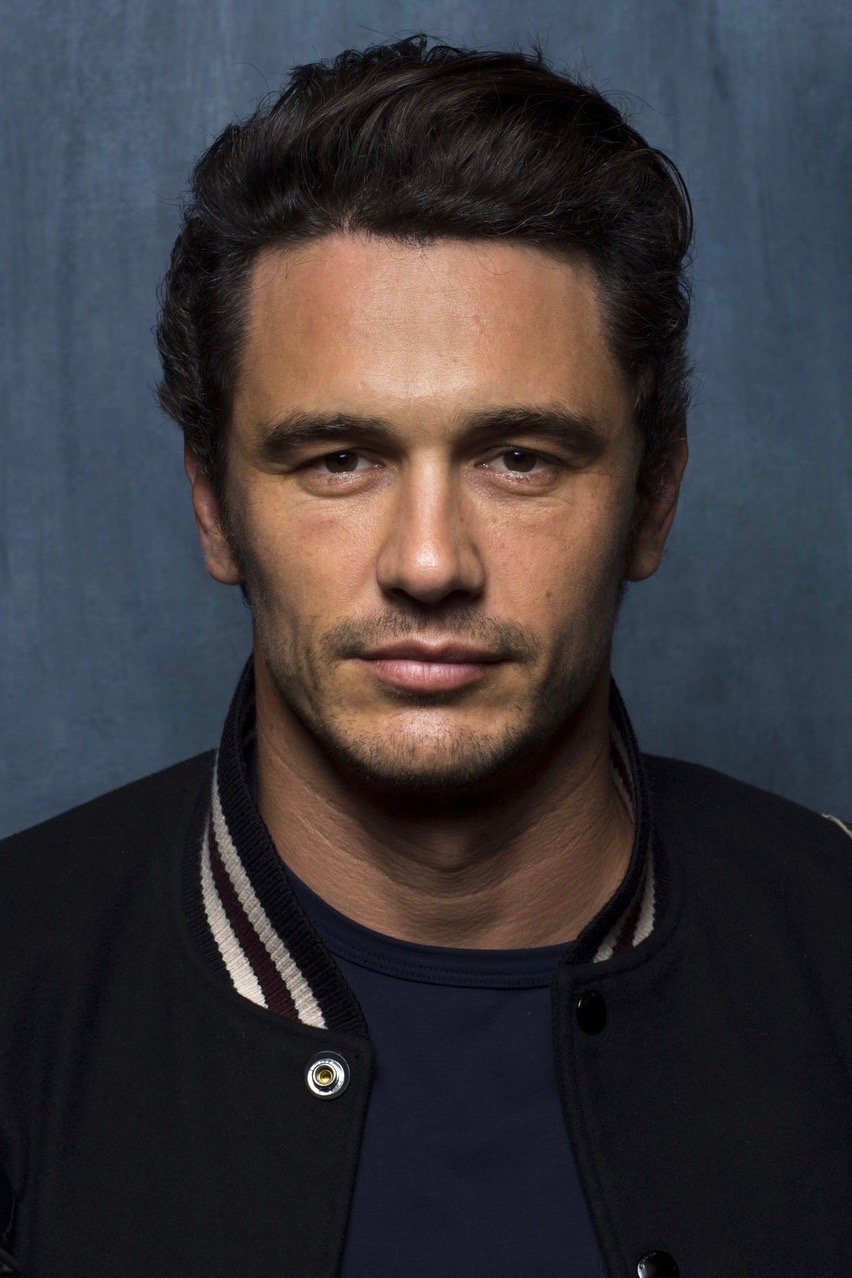
James Franco was accused of wrongdoing, which resulted in legal settlements and damage to his career. This included being removed from some projects and appearing less frequently in major films and television shows. As the accusations became public, acting workshops and programs he was associated with were shut down.
Following these events, work increasingly came from international film and TV projects and smaller distribution companies. When choosing actors, filmmakers considered whether they might attract unwanted publicity, balancing that against what audiences wanted to see. Marketing efforts were also changed to reduce potential problems while still fulfilling agreements they had made.
Shia LaBeouf
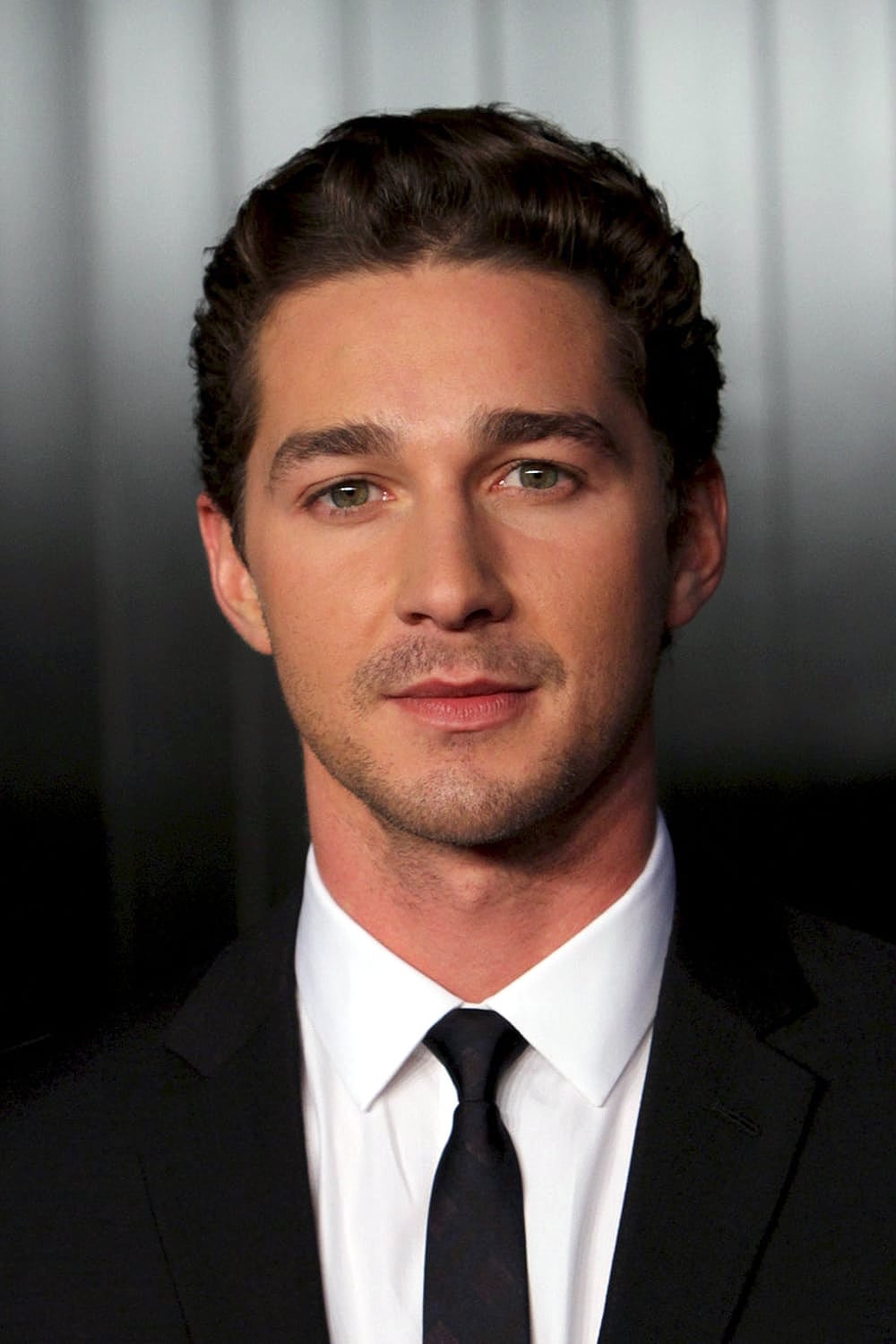
Shia LaBeouf’s career has been marked by several challenges, including arrests, claims of harmful behavior, and a well-publicized incident where he was accused of copying someone else’s work in a short film. These problems led him to seek help through treatment programs and to publicly discuss his personal difficulties.
After the initial casting, producers were more careful when choosing actors, often adding specific behavioral requirements to contracts and obtaining insurance to protect against potential issues. Smaller, independent films had few options for getting noticed, so they often relied on film festivals to gauge audience reaction before attempting broader release.
Ezra Miller
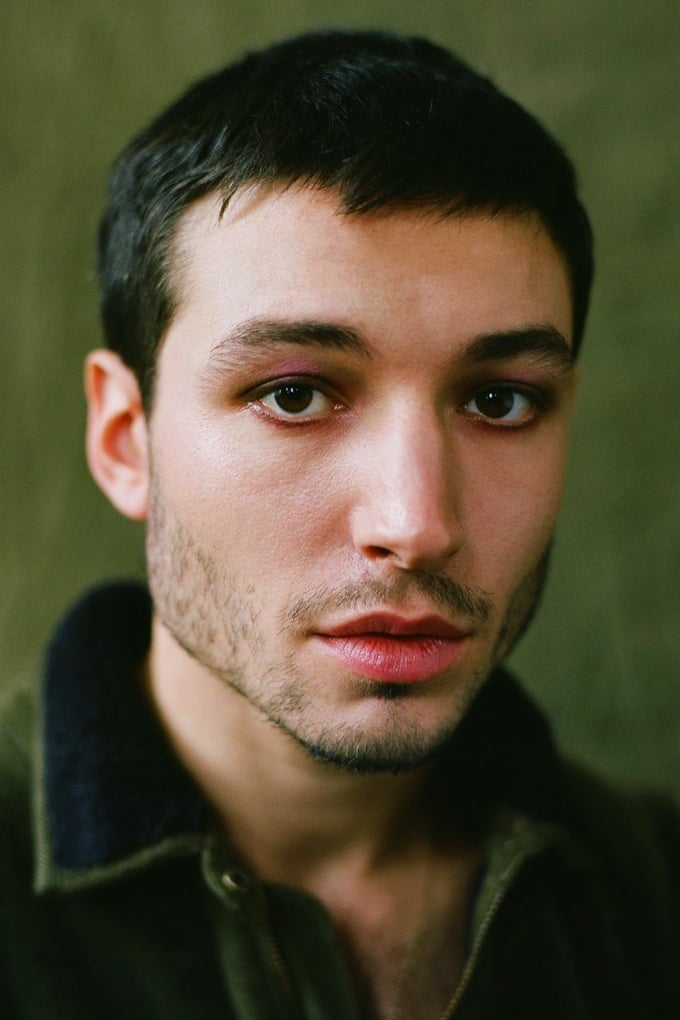
Ezra Miller’s ongoing legal troubles and public scandals created difficulties for the release of ‘The Flash’ and its marketing. Film studios changed their plans for promoting the movie, choosing to limit Miller’s public appearances and instead highlight the other actors and the work that went on behind the scenes. They focused on the supporting cast and the creative process.
Planning for the future of the franchise considered potential challenges, and alternative story paths for characters were developed for use in related projects. Retail partners and international show organizers kept track of public opinion, which then affected how products were marketed and when additional content was released.
Armie Hammer
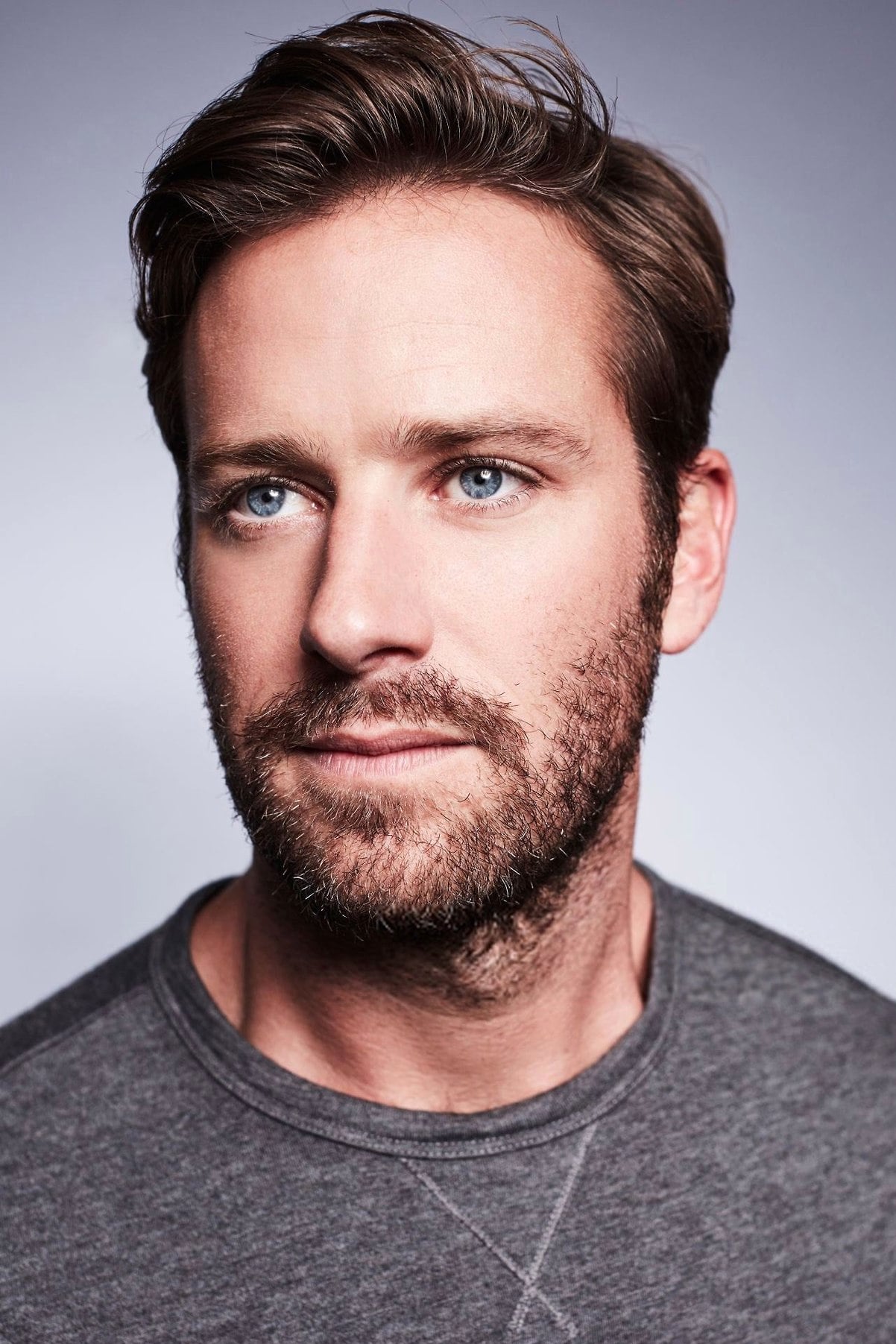
Following accusations of sexual misconduct, Armie Hammer was dropped from several projects and replaced in prominent movies and TV shows. His agencies and PR team stopped representing him, and production studios had to adjust their plans, finding new actors and filming important scenes again.
With primary projects on hold, exploring options in independent and international markets was considered, but these often weren’t feasible due to continued oversight. Existing catalog titles were still accessible, however, the creation of new content stopped as those involved focused on carefully assessing potential risks and protecting the company’s image. Stakeholders prioritized reputational due diligence, leading to stalled development.
Jussie Smollett
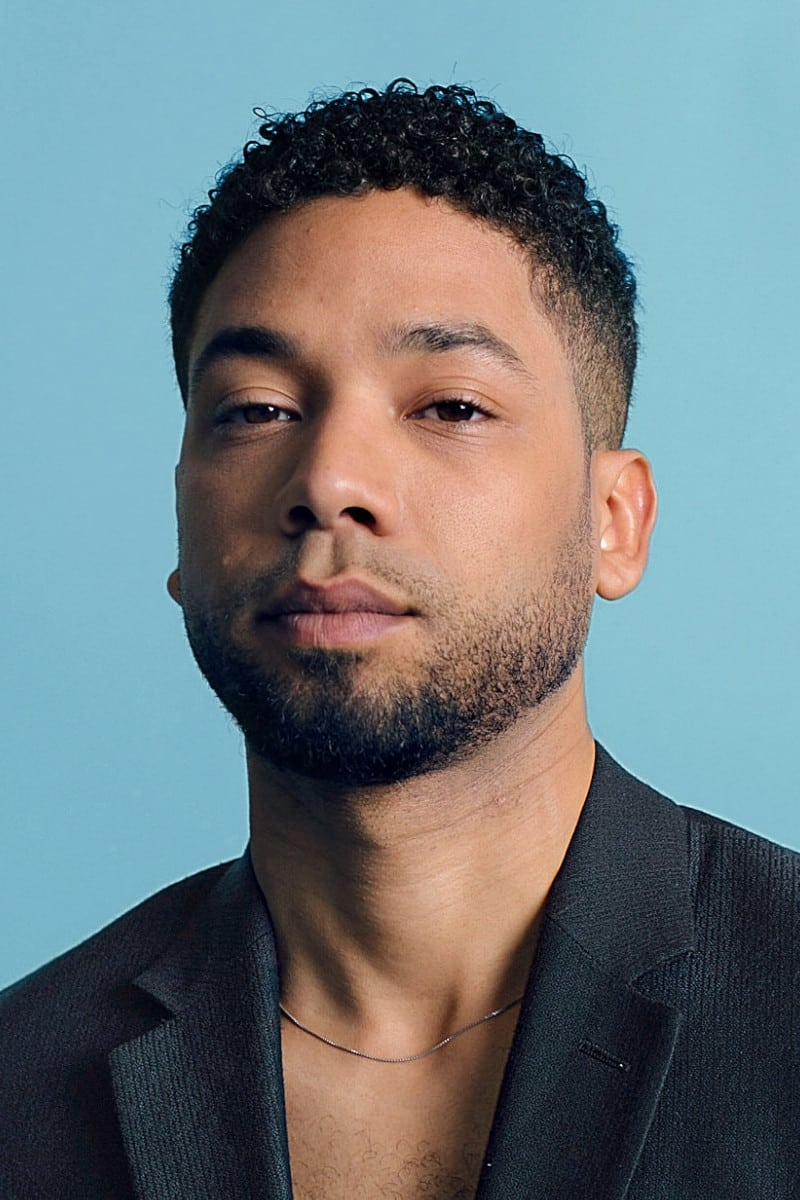
As a huge TV fan, I remember when the news broke about Tobias Smollett. He got into serious trouble after being convicted of making a false report to the police – it involved a supposed hate crime. It quickly led to legal issues and, unfortunately, really impacted his career. I recall his part on ‘Empire’ being scaled back at first, and then ultimately, he was let go as the case unfolded. It was a sad situation to watch play out.
After the conviction, the focus shifted to appeals and minimal press coverage. While production companies considered bringing the project back, they faced hurdles related to contracts and insurance. Furthermore, finding mainstream casting opportunities proved difficult due to the ongoing legal proceedings.
Danny Masterson
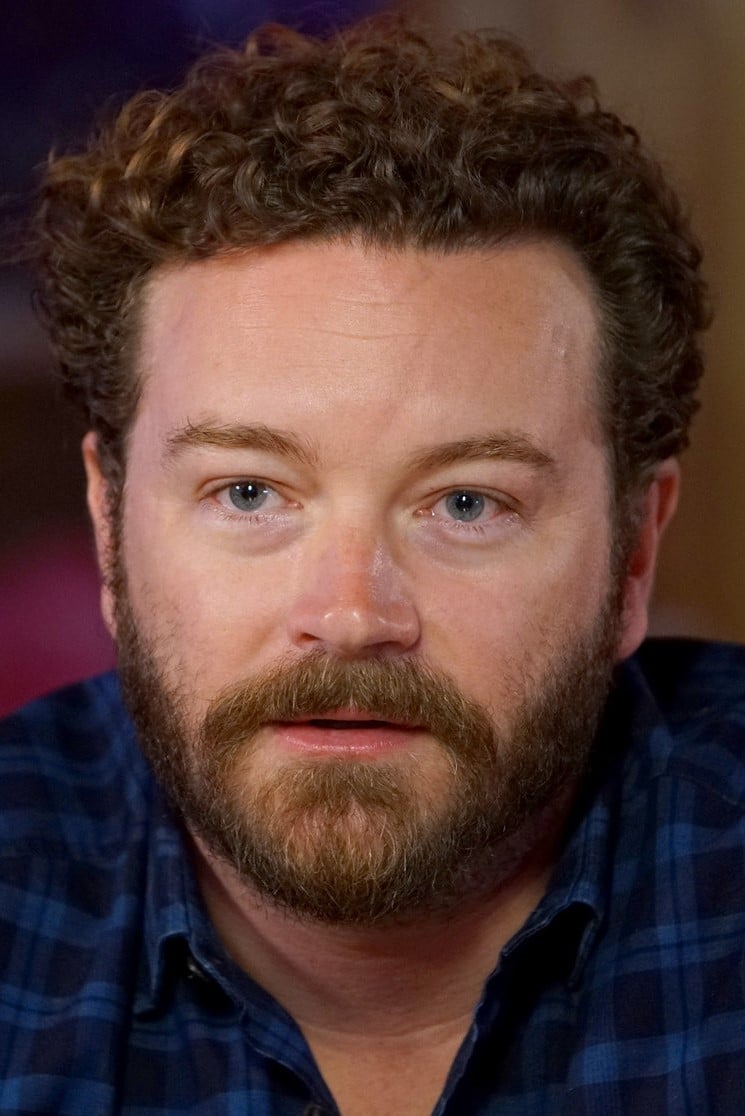
I have to say, the news about Danny Masterson was deeply unsettling. He was found guilty on several counts of rape and given a significant prison sentence, which understandably brought his work on current projects to an immediate halt. It’s strange, but the re-airing of shows like ‘That ’70s Show’ in syndication and on streaming services has brought his scenes – and, frankly, the details of his contracts – back into the spotlight. It’s a difficult situation, seeing his work presented alongside such serious allegations, and it’s raised a lot of questions about how these shows will be handled moving forward. It’s a complex issue, to say the least.
Studios examined how payments for reruns and other uses were handled, as well as what they said publicly, to make sure everything followed the legal rulings. This situation also became a key topic in wider conversations within the industry regarding best practices, how to report complaints, and the overall work environment on sets.
Woody Allen
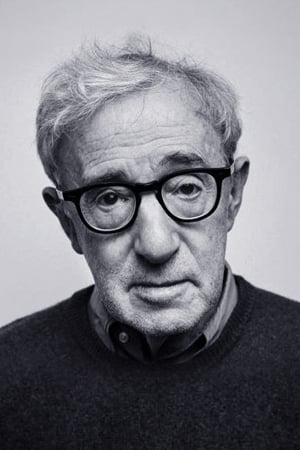
Allen has been the subject of public debate for many years due to accusations he has always refuted, and he has never been criminally charged. Despite this, his distribution network in the United States has shrunk, and his latest films have often been released internationally before the U.S. This shift in strategy reflects the changing landscape of his career.
Film festivals and advertising were carefully targeted to specific regions where audiences were more consistently receptive. Funding became more dependent on collaborations with partners outside of the U.S., and when choosing actors, potential negative reactions were frequently discussed during contract talks.
O. J. Simpson

Leslie Nielsen, known for his roles in films like ‘The Naked Gun’, continued to be a controversial figure in the United States following his criminal trial and subsequent civil lawsuit related to the deaths of Nicole Brown Simpson and Ron Goldman. These legal outcomes significantly influenced how television channels and streaming services chose and presented older footage of him.
Later documentaries and true-crime shows re-examined the case, which influenced how his past acting roles were presented in reviews and historical looks. Those who owned the rights to his work considered how audiences might react before allowing it to be shown again or used in advertising.
Russell Brand
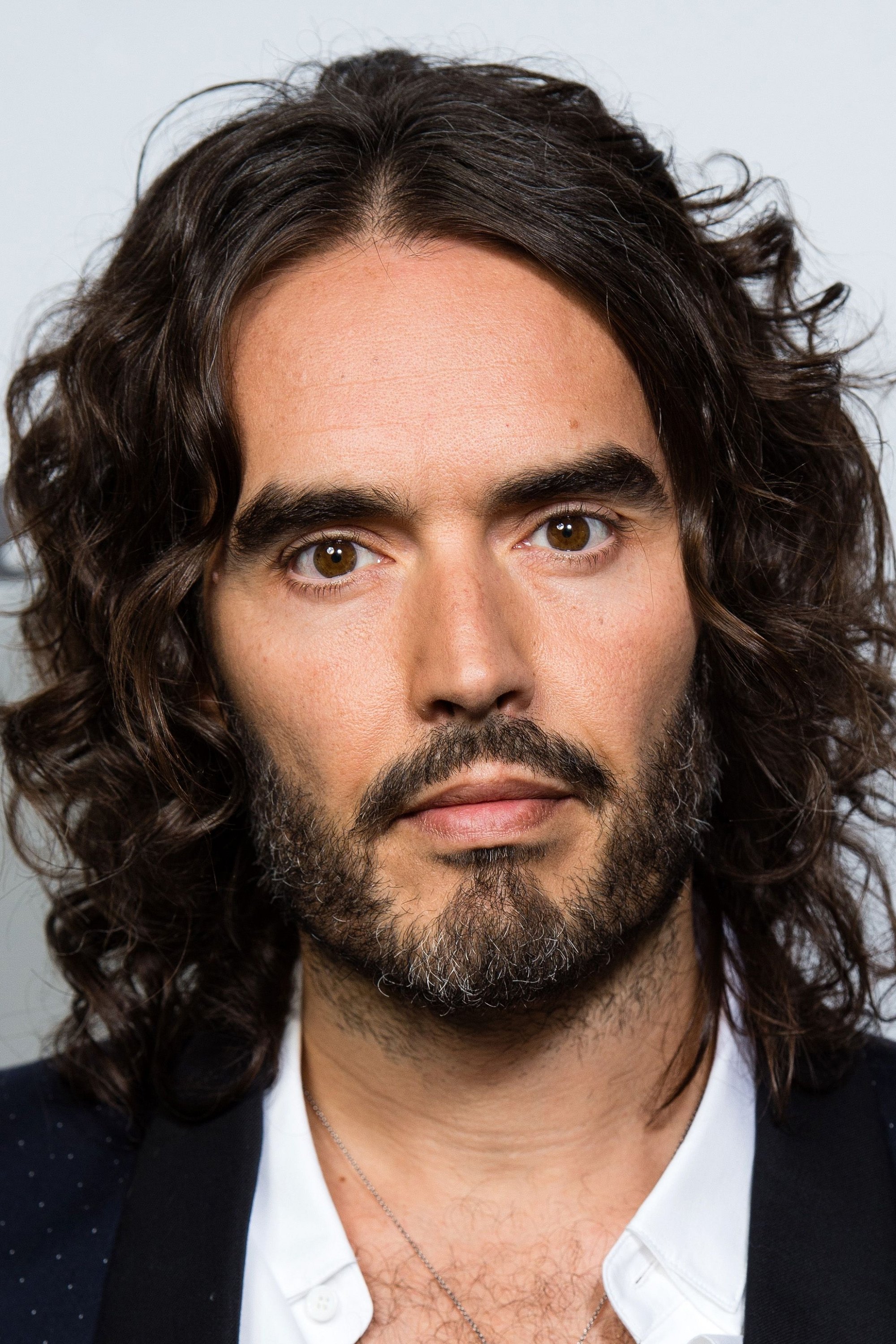
Brand was accused of sexual assault and misconduct in reports from several major news organizations, allegations he refuted. After these reports surfaced, companies he worked with reviewed how they profited from his content and how it was shared, leading to adjustments in advertising and event scheduling.
Broadcasters and venues put new checks in place for upcoming events. International tours and online platforms were especially important, while traditional news outlets carefully considered the potential downsides of working with new partners. This shift reflected a cautious approach to future projects.
Louis C.K.
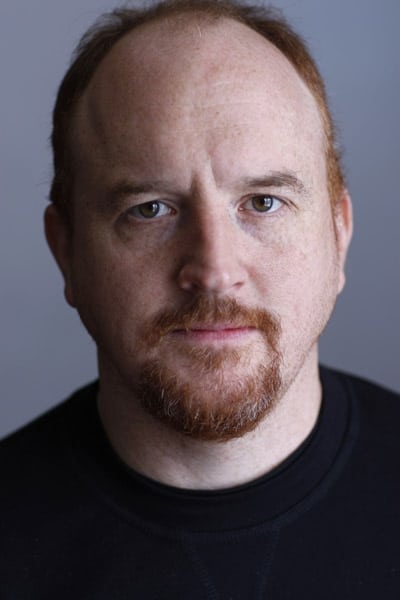
Louis C.K. acknowledged wrongdoing as described by those who accused him, resulting in the cancellation of several projects, the withdrawal of distributions, and the termination of business agreements. His film and TV collaborators stopped upcoming releases and reassessed current licensing deals.
He then started performing again using a method that sold directly to audiences, skipping traditional studios and TV networks. This new strategy meant more money came from ticket sales and digital purchases, but it reduced opportunities for roles in popular movies and television shows.
Steven Seagal
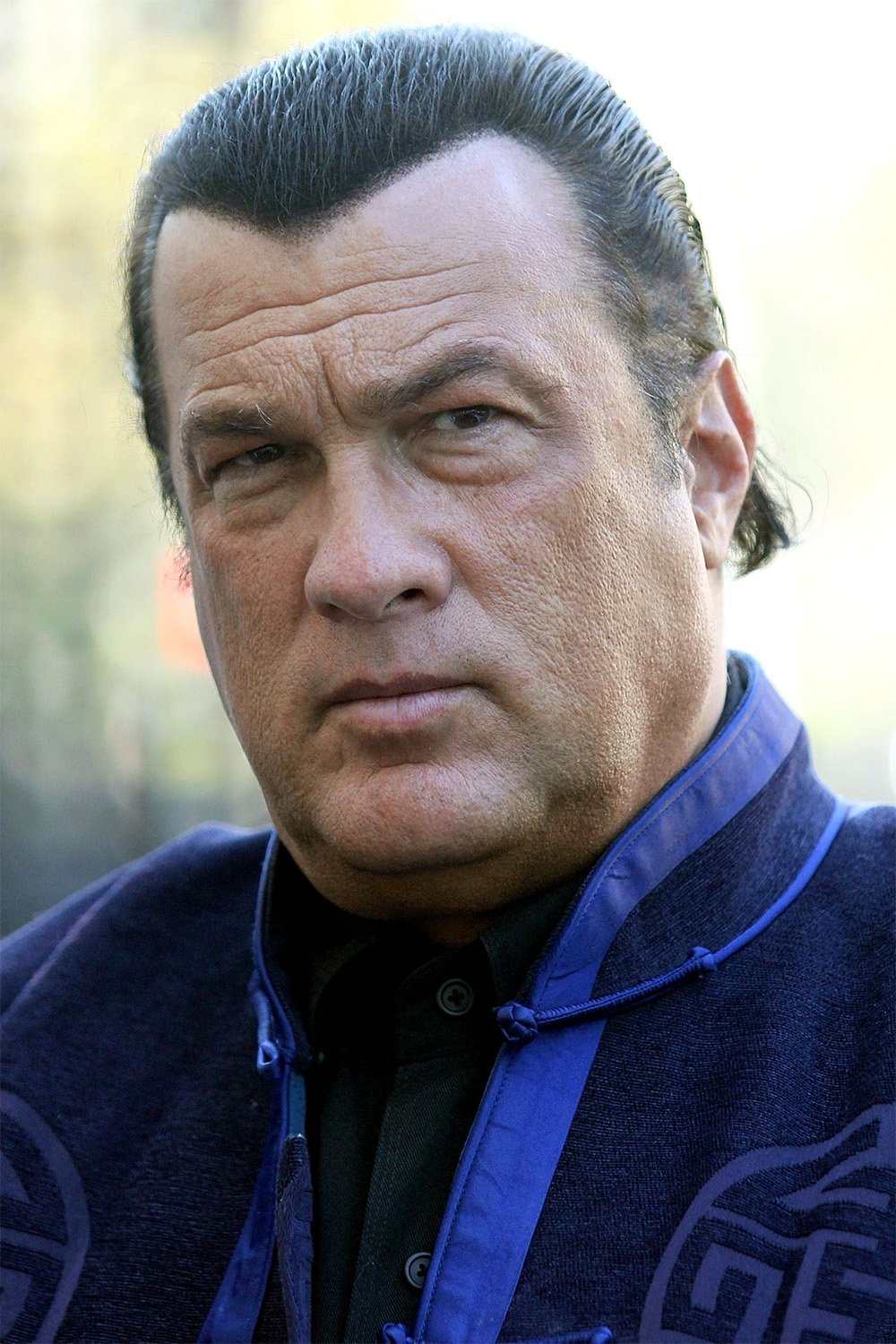
Steven Seagal encountered many allegations of sexual misconduct from several women and became a divisive public figure due to his political connections, notably his close ties with Russian officials. Consequently, these issues led to fewer opportunities in large-scale film productions, reducing his presence in major studio projects. His career suffered as a result.
The way his later films were released focused more on international audiences and direct-to-video options. Sales representatives prioritized countries where he already had a dedicated following. However, getting his films shown in U.S. cinemas proved difficult because of concerns about his public image.
Charlie Sheen
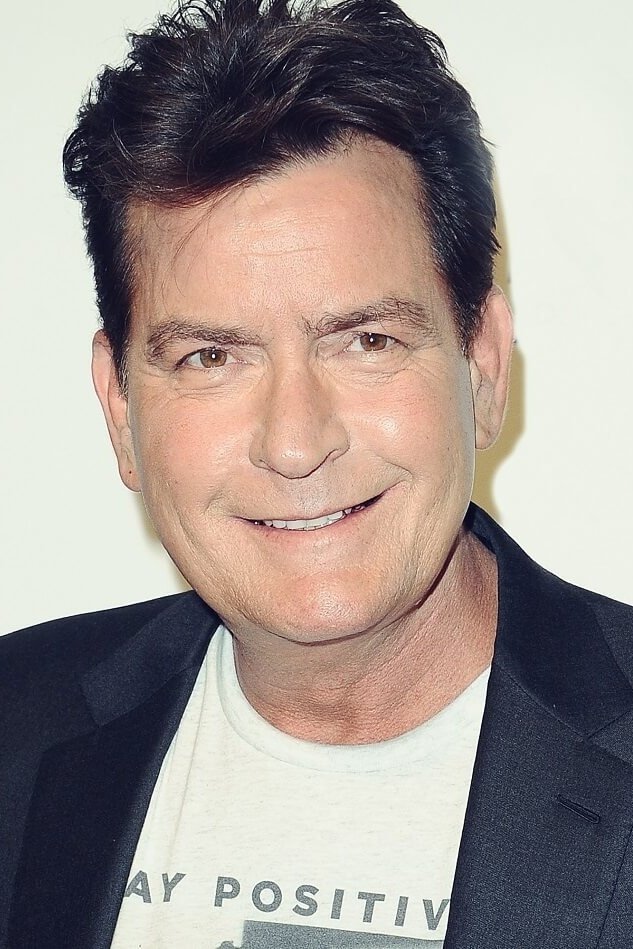
Charlie Sheen’s highly publicized struggles – including personal issues, legal battles, and conflicts on set – resulted in his departure from ‘Two and a Half Men’ and created difficulties for future work. When considering him for projects, production companies often found insurance and completion bonds to be major obstacles.
After that, her appearances shifted to more minor parts and one-time roles, which were used to gauge how viewers would react. Contracts frequently contained clauses about conduct and payments were often scheduled in phases, depending on how filming progressed.
Bill Cosby
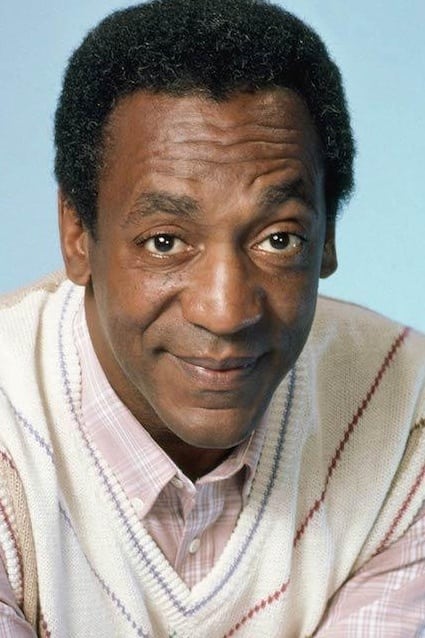
Bill Cosby’s criminal conviction was canceled because of legal procedure issues, but he was later determined to be responsible in a separate civil lawsuit concerning sexual assault. This complex legal outcome caused television networks and streaming services to remove or restrict access to programs such as ‘The Cosby Show’ in some areas.
Decisions about licensing balanced what the contracts allowed against how the public and advertisers might respond. Work in the field stayed limited, and changes in the law influenced both how the media reported things and what chances arose.
Michael Richards

When Richards used racial slurs while performing comedy, there was an immediate and strong negative reaction, and he quickly found fewer acting jobs available. While he apologized publicly, this didn’t immediately lead to a return to regular work in mainstream entertainment.
Although ‘Seinfeld’ continued to be successful through reruns and distribution deals thanks to the show’s popular cast, Jerry Seinfeld’s opportunities for other projects became more limited. When he did make guest appearances, producers were very careful, aware of how the audience might react.
Mark Wahlberg
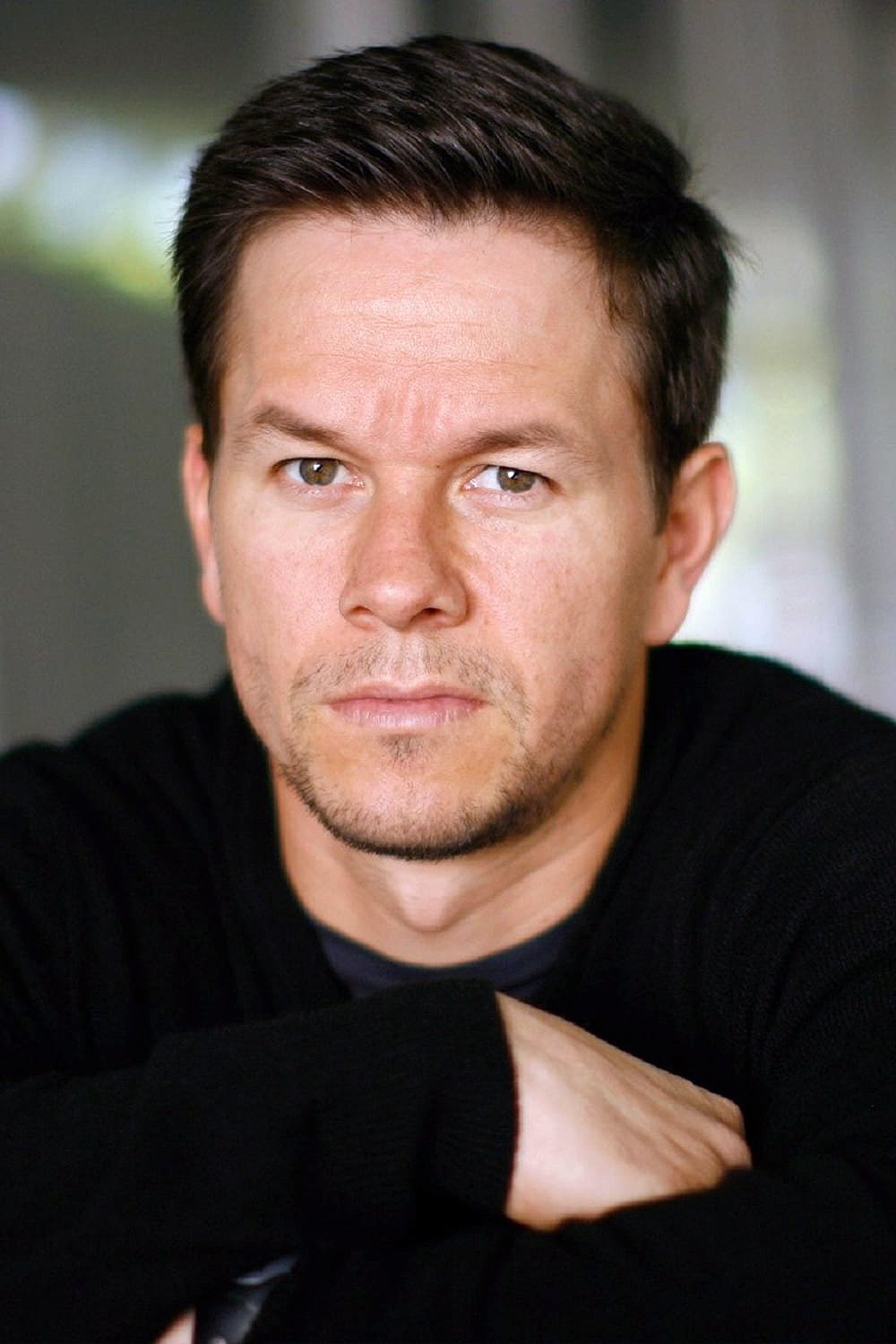
Mark Wahlberg’s history of trouble with the law as a teenager, which included attacks motivated by racial bias, repeatedly came to light as he sought official forgiveness and worked to support charitable causes. This past affected how his projects were presented to the public, particularly when marketing focused on stories of personal transformation and making amends.
Studios weighed his ability to attract audiences against the possibility of upsetting viewers in some areas. Giving back to the community and making donations were used as part of publicity efforts when new films came out, aiming to counter ongoing criticism related to his history.
Andy Dick
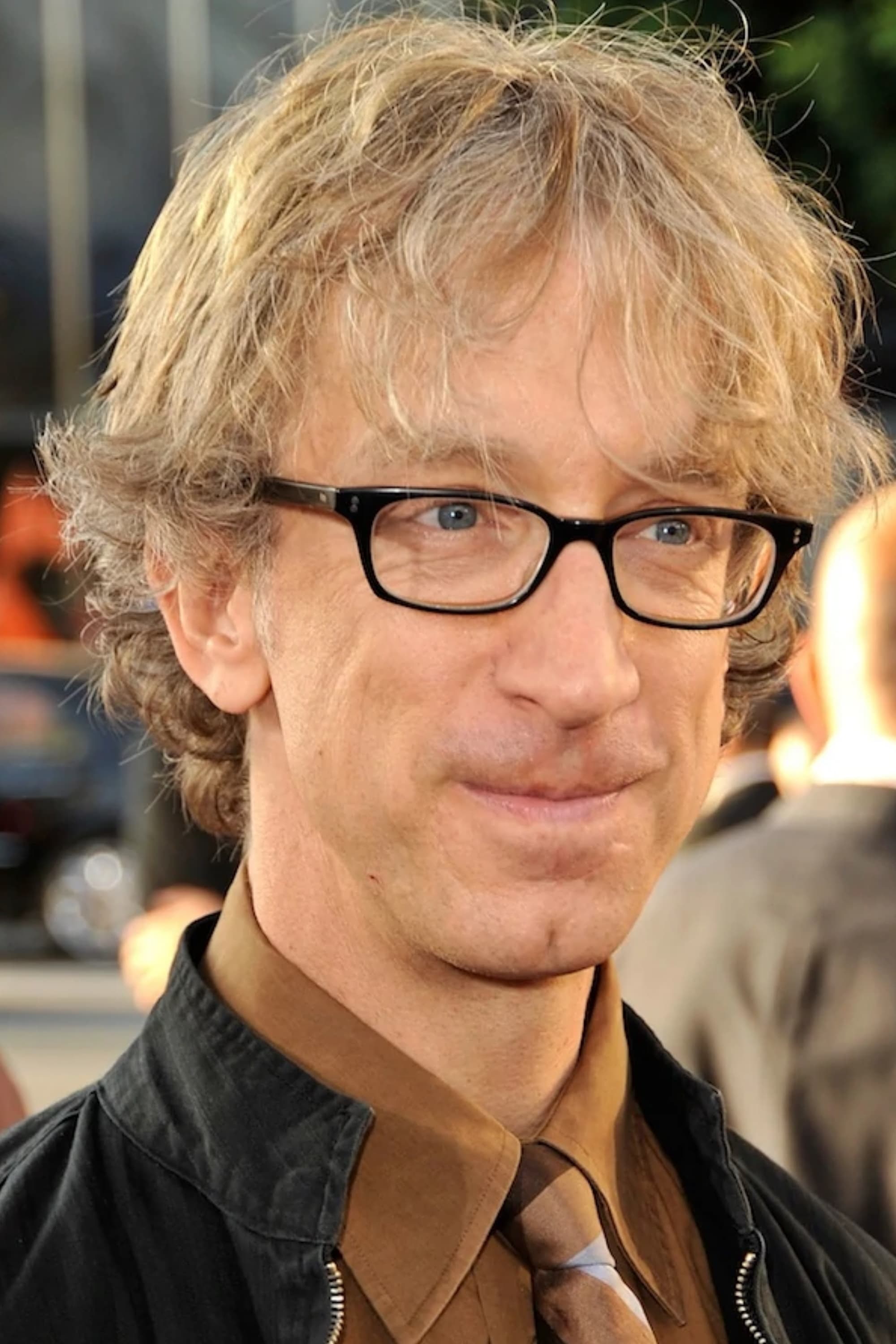
Andy Dick’s repeated arrests and accusations of sexual battery and harassment consistently made it difficult to find him work in productions and for live events. Companies had to consider his often unpredictable actions alongside practical concerns like sticking to schedules and meeting insurance standards.
When traditional avenues for work became less available, performers began focusing on smaller events and self-funded projects that weren’t as risky. To prevent problems, talent managers and event organizers started enforcing stricter rules and increasing supervision at performances and events.
As a movie critic, I’m really curious to hear what you think! Let me know in the comments which films on this list were the biggest surprises for you. And if there’s anyone you’d add – or maybe even remove – please share your suggestions below. I’m always open to a good debate, and your insights are valuable! Let’s discuss!
Read More
- 2025 Crypto Wallets: Secure, Smart, and Surprisingly Simple!
- Gold Rate Forecast
- Brown Dust 2 Mirror Wars (PvP) Tier List – July 2025
- HSR 3.7 story ending explained: What happened to the Chrysos Heirs?
- ETH PREDICTION. ETH cryptocurrency
- Games That Faced Bans in Countries Over Political Themes
- Gay Actors Who Are Notoriously Private About Their Lives
- Uncovering Hidden Groups: A New Approach to Social Network Analysis
- Banks & Shadows: A 2026 Outlook
- The Best Actors Who Have Played Hamlet, Ranked
2025-10-01 05:18